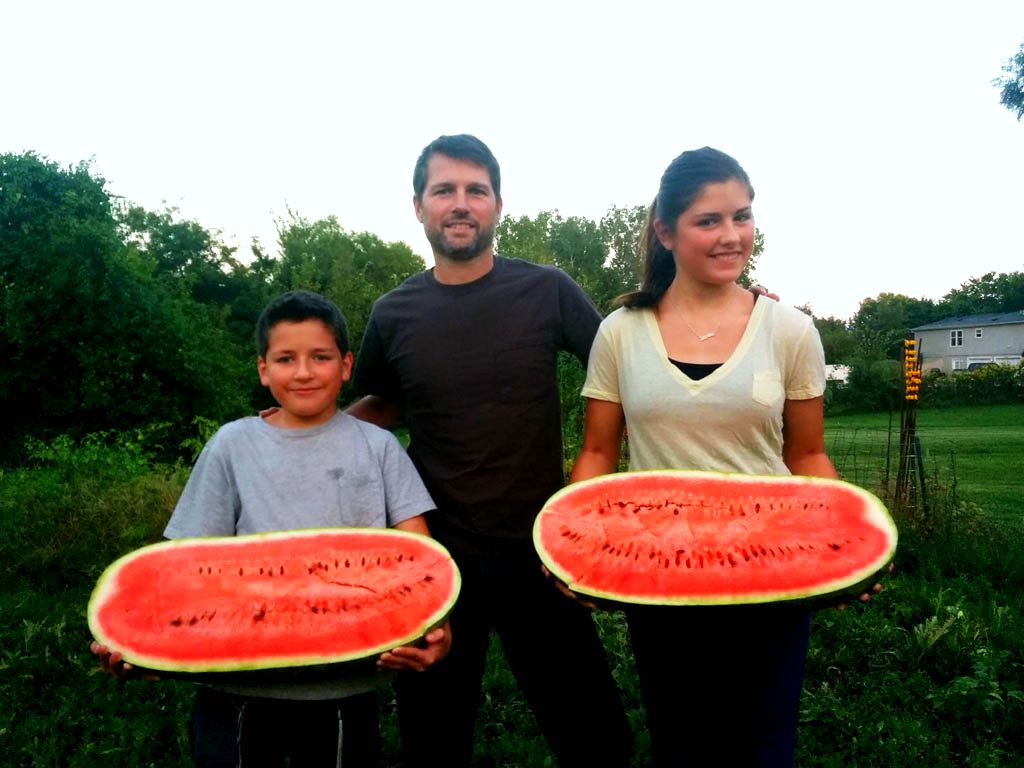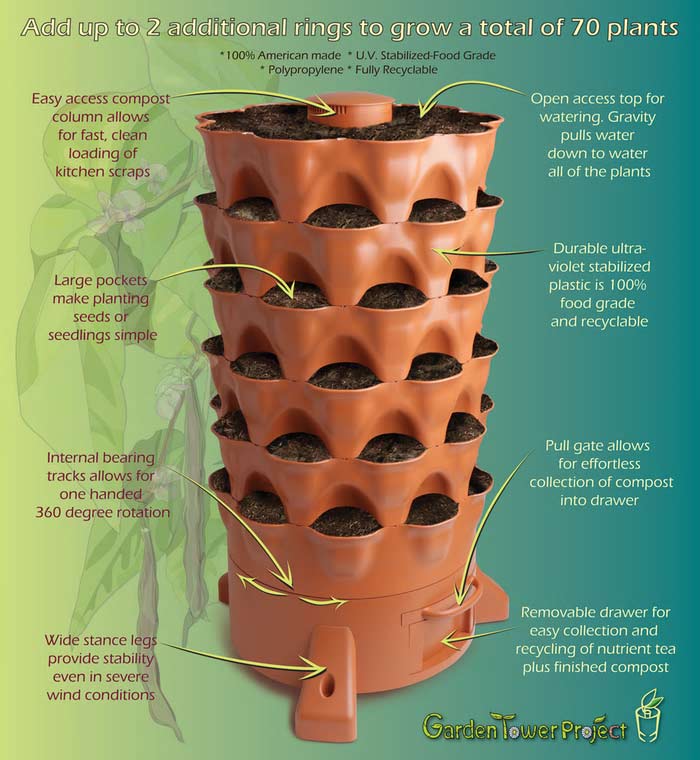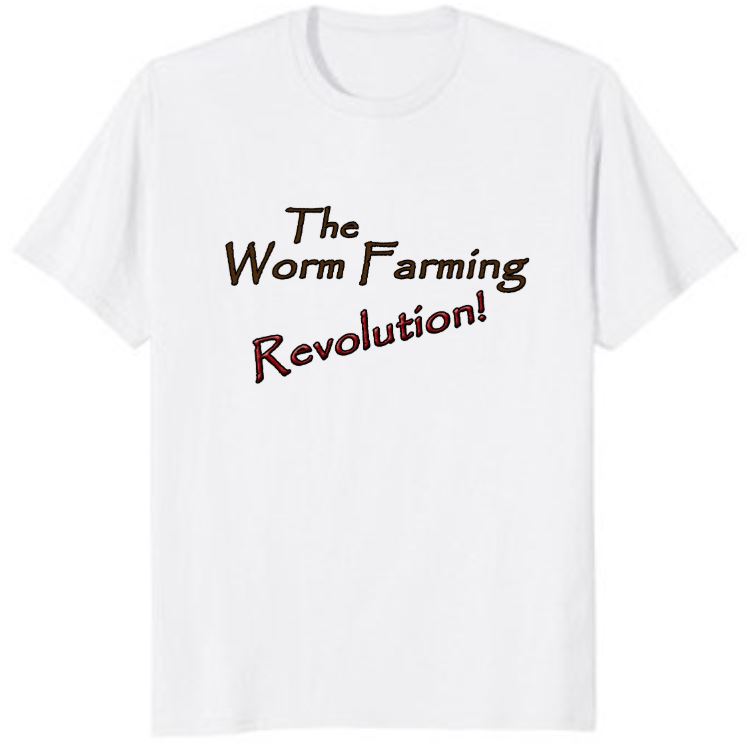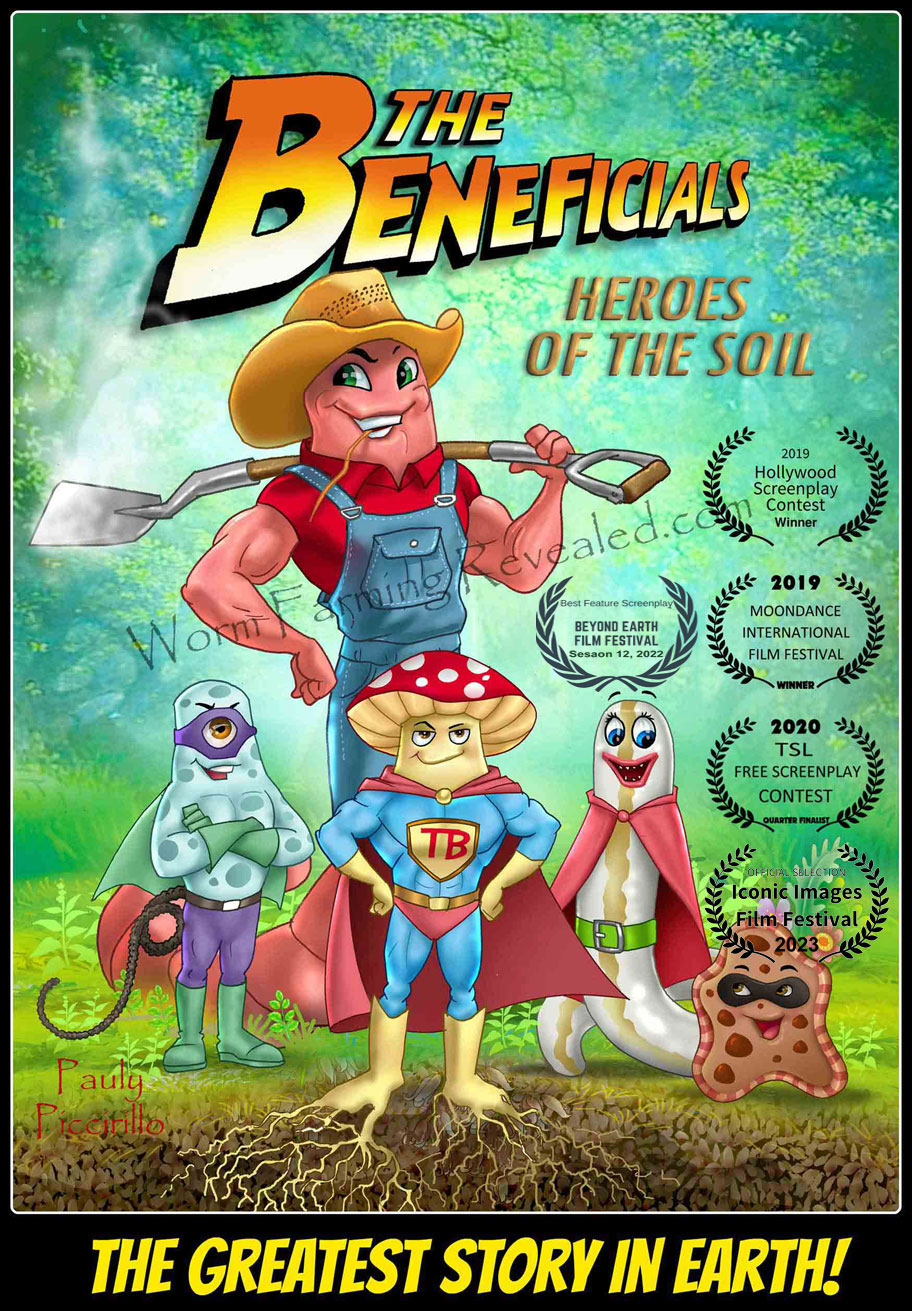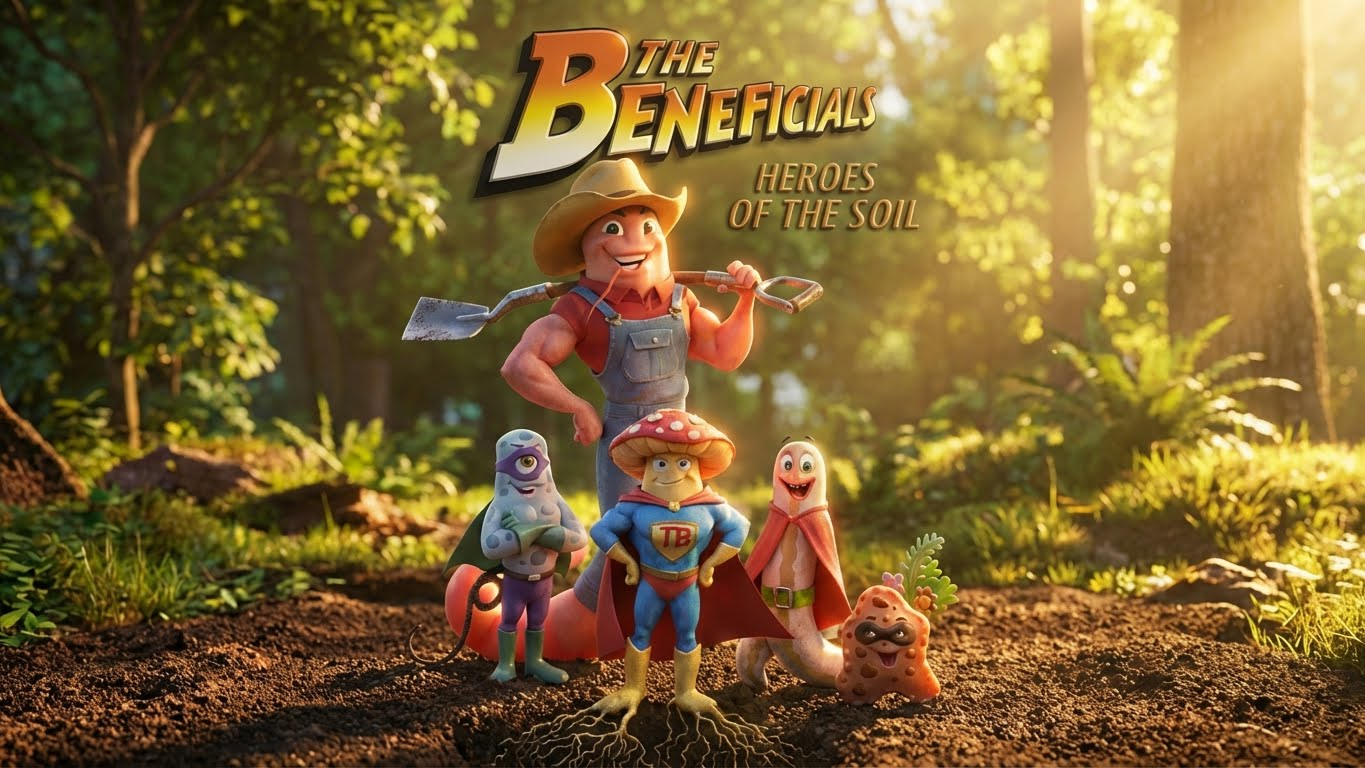Worm Farming in a Correctional Facility
by Hannah
(University of Central Missouri)

Worm Farming in Correctional Facilities Hannah 1
I am a teaching assistant and researcher at the University of Central Missouri in Warrensburg, Missouri pursing a Master’s degree in Environmental Studies. My passions surround the care and concern for the natural environment but interests lie in the United States’ correctional system.
I am currently working in a medium-security correctional center in the mid-western United States implementing a new environmental education program highlighting vermicomposting and traditional thermophilic waste management practices.
I am administering two, back-to-back, 12 week programs comprised of 25 incarcerated individuals each. I meet with the students twice a week for two hours each day totaling a 48 hour program.
My first objective
is to identify and assess behavioral implications of student participation in the environmental education program. The program is concentrated on developing various composting practices, as well as exposure to more broad environmental topics.
The program is instructed utilizing cognitive-behavioral techniques and places an emphasis on participatory learning. My methods focus on cognitive-behavioral techniques aimed at enhancing self-control, improving cognitive style, and encouraging interpersonal problem solving and critical reasoning abilities—skills often lacking in incarcerated individuals.
In addition, participatory learning emphasizes pluralistic ways of thinking, learning, and acting to foster success within the program and build essential technical and behavioral skills for reentry into society.
My second objective
is to identify and implement the most efficient arrangement of waste management practices to the correctional institution—vermicomposting followed by thermophilic composting or thermophilic composting followed by vermicomposting.
Vermicomposting is a process by which earthworms are used to break down organic waste material. This practice has the potential to provide a wealth of benefits from nutrient-rich horticultural and agricultural fertilizer to cost reductions in waste management services.
Earthworms consume organic waste but only absorb 5-10%. The rest of the material is excreted in the form of nitrate, phosphate and potash rich accumulations ideal for fertilizer. Earthworm activities enhance natural biodegradation and decomposition of wastes anywhere from 60-80%, and can degrade most organic wastes by 80-100% within 6-8 weeks, making vermicomposting practices both practical and timely for correctional institutions with large amounts of organic waste.
However, earthworms are temperature tolerant and necessitate temperatures below pathogen-elimination levels. Traditional thermophillic composting, on the other hand, is a process by which elevated temperatures are maintained to break down organic waste material.
This practice does not require temperature tolerant organisms and can reach temperatures high enough to eliminate harmful pathogens, but does not produce a product as nutrient-rich as vermicomposting. Combining the two practices could potentially produce a nutrient-rich, pathogen-free fertilizer, while at the same time reducing institutional operating costs and environmental footprints by diverting food waste from local landfills.
Comments for Worm Farming in a Correctional Facility
|
||
|
||
|
||












